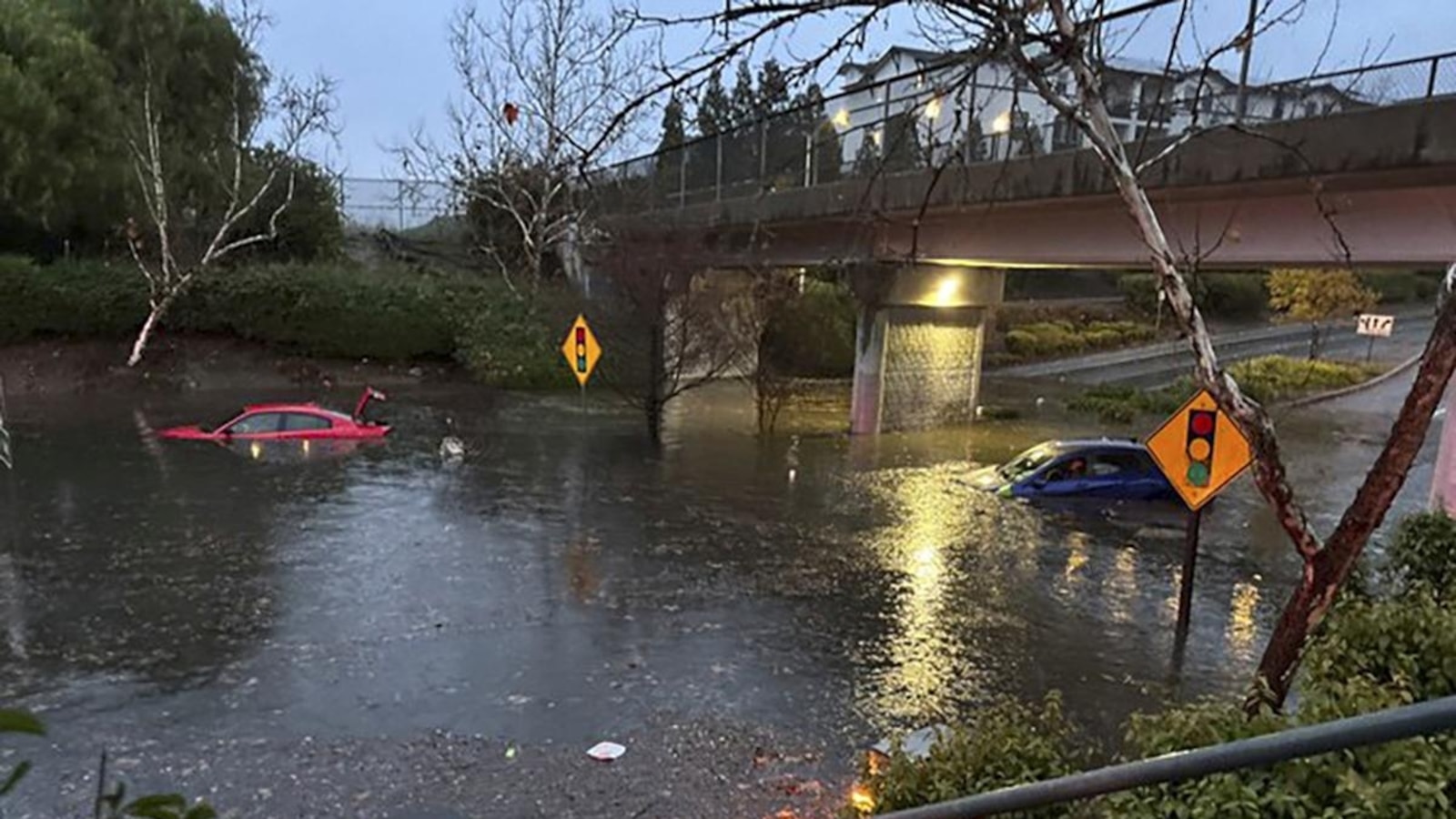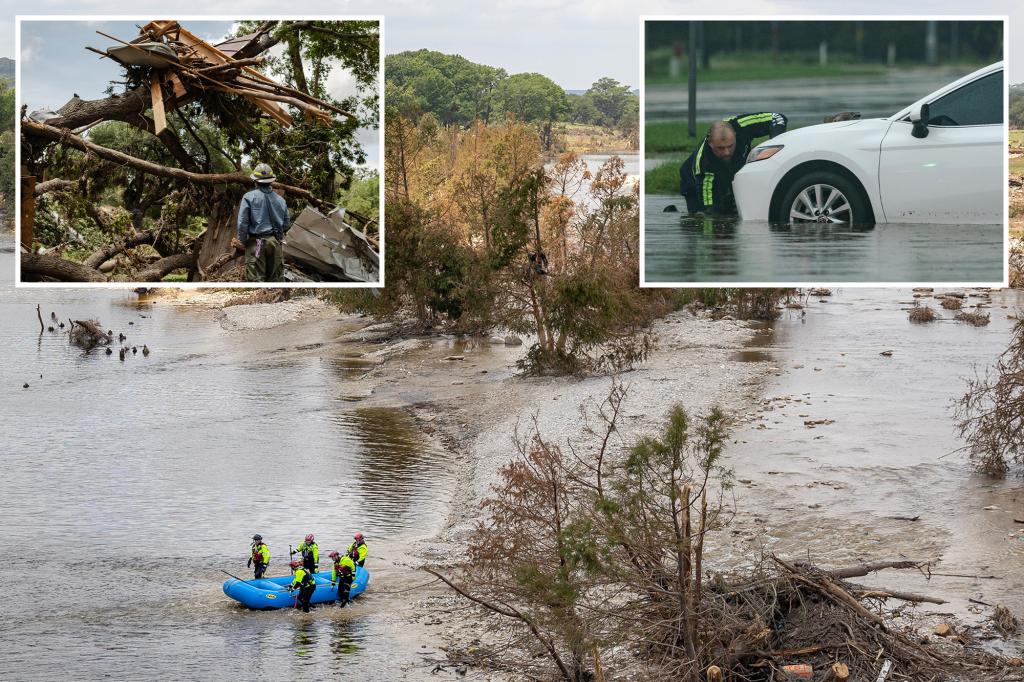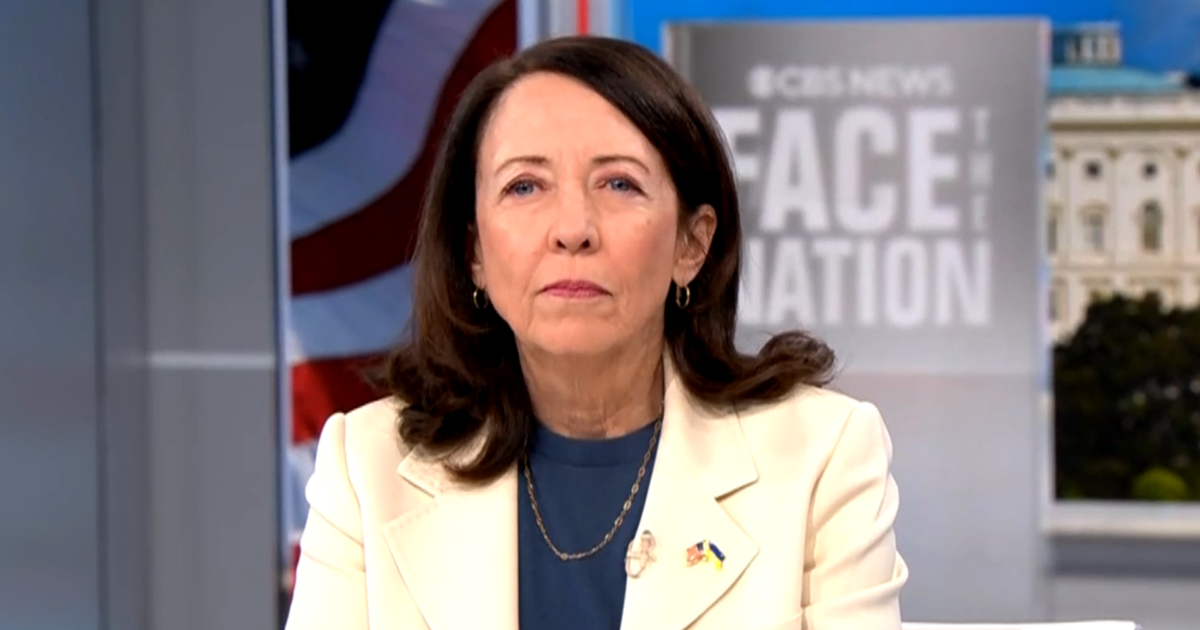Unprecedented Weather Events: A Deep Dive into the Midwest Ice Storms and San Francisco Tornado Warnings
The recent weather phenomena sweeping across the United States have created a striking juxtaposition of extreme conditions, with ice storms gripping the Midwest and tornado warnings issued for San Francisco. This unusual combination not only highlights the unpredictability of current climate patterns but also raises significant questions about the broader implications of such weather events on communities, infrastructure, and future climate resilience strategies.
Midwest Ice Storm: The Impact on Communities
In the Midwest, particularly Iowa and eastern Nebraska, residents are contending with the aftermath of a severe ice storm. Such storms occur when freezing rain falls and coats surfaces in a thick layer of ice, resulting in hazardous conditions. According to the National Weather Service, ice accumulations can reach up to an inch in some areas, leading to:
- Power Outages: Ice accumulation can weigh down trees and power lines, leading to widespread outages. Utility companies are often challenged to restore power amidst dangerous conditions.
- Travel Disruptions: Roads become treacherously icy, prompting travel advisories and road closures. Local transportation services may face significant delays or cancellations.
- Property Damage: The weight of ice can cause branches to snap and roofs to collapse, leading to costly repairs for homeowners and businesses.
Emergency services are on high alert, and state officials urge residents to remain indoors unless absolutely necessary. This storm not only disrupts daily life but also strains resources as communities rally to assist those most affected.
San Francisco Tornado Warning: A Rare Phenomenon
Meanwhile, San Francisco, a city not typically associated with tornadoes, has issued unusual tornado warnings. Tornadoes in this region are rare due to its geographical features and climate. However, the warnings indicate a potent storm system capable of producing rotating updrafts, which can develop into tornadoes under the right conditions.
Factors contributing to this rare occurrence include:
- Climate Change: As global temperatures rise, the frequency and intensity of extreme weather events increase. Warmer air can hold more moisture, leading to severe thunderstorms that can spawn tornadoes.
- Atmospheric Instability: The interaction of warm, moist air from the Pacific Ocean with cooler air from the inland areas can create conditions conducive to severe weather, including tornadoes.
This unexpected weather event serves as a reminder of the changing climate and its capacity to produce extreme and unpredictable weather patterns.
Climate Patterns and Their Implications
The simultaneous occurrence of these extreme weather events prompts critical discussions about climate patterns. Meteorologists and climatologists are increasingly concerned about the links between climate change and weather extremes. Research indicates that:
- Increased Frequency of Extreme Weather: Studies have shown that climate change is leading to more frequent and severe weather events, including both droughts and floods, as well as winter storms and heatwaves.
- Changing Storm Tracks: Climate change can alter the paths of storm systems, potentially leading to unusual weather patterns in regions that typically experience mild conditions.
- Public Health Risks: Extreme weather has significant public health implications, from injury risks during storms to mental health impacts following such events. Populations vulnerable to weather extremes, such as the elderly or those with pre-existing health conditions, may face heightened risks.
Understanding these dynamics is crucial for developing effective disaster preparedness and response strategies. As weather events become more unpredictable, communities must enhance their resilience against the potential impacts of climate change.
Broader Societal Implications
The implications of these unprecedented weather events extend beyond immediate impacts on infrastructure and public safety. They challenge societal norms and require a reevaluation of how communities prepare for and respond to emergencies. Key areas of focus include:
- Infrastructure Development: Investments in resilient infrastructure—such as improved drainage systems, stronger power lines, and community shelters—are essential to mitigate the impacts of extreme weather.
- Emergency Preparedness: Governments and local agencies must enhance their emergency response plans to account for the increasing likelihood of simultaneous extreme weather events.
- Public Awareness Campaigns: Educating the public on the risks associated with extreme weather events and the importance of preparedness can save lives and reduce panic during emergencies.
In addition, there is a growing need for intergovernmental collaboration in addressing climate-related challenges. Local, state, and federal agencies must work together to create cohesive strategies that prioritize community safety and resilience.
Conclusion: A Call to Action
The ice storms of the Midwest and the tornado warnings in San Francisco serve as stark reminders of the changing climate and the increasing frequency of extreme weather events. As communities across the nation grapple with the implications of these events, it is imperative to adopt a proactive approach to climate resilience.
By investing in infrastructure, enhancing emergency preparedness, and fostering public awareness, societies can better weather the storms of an uncertain future. The time for action is now, as the impacts of climate change are not just looming threats; they are realities that demand immediate attention and strategic planning. Only through concerted efforts can we hope to mitigate the effects of such unprecedented weather phenomena and safeguard our communities for generations to come.
See more Your Daily Weather



